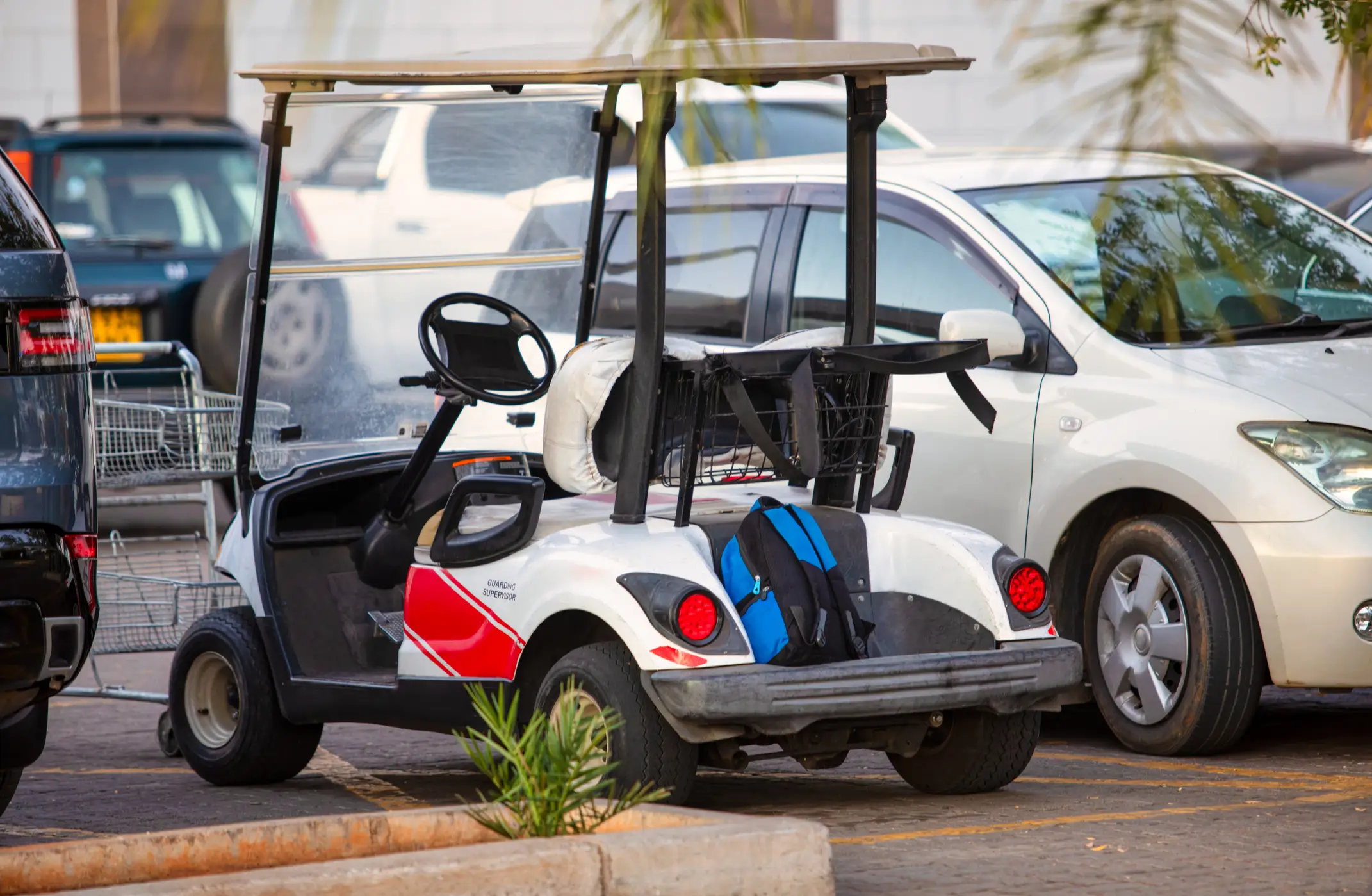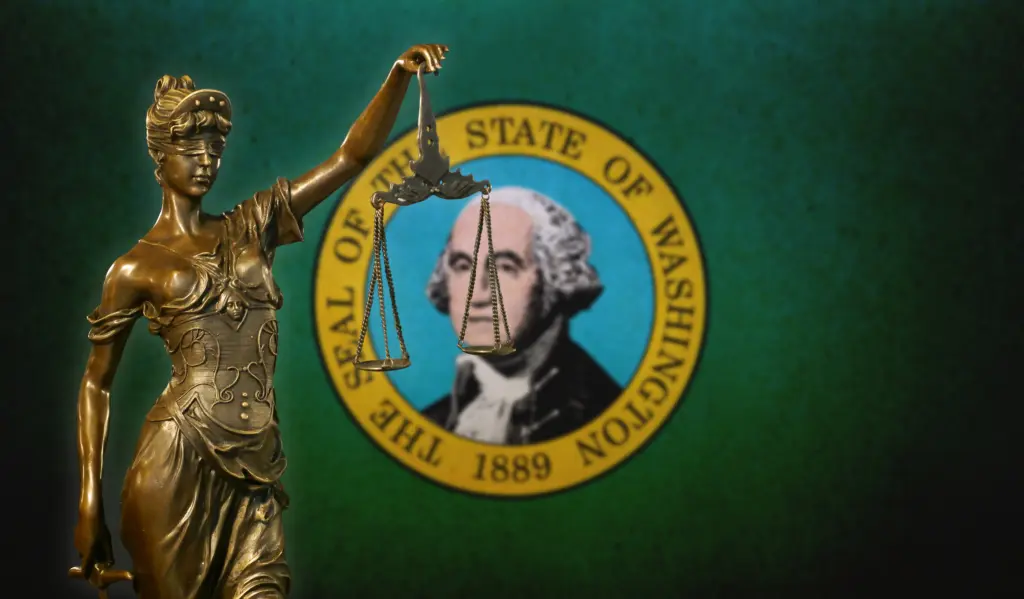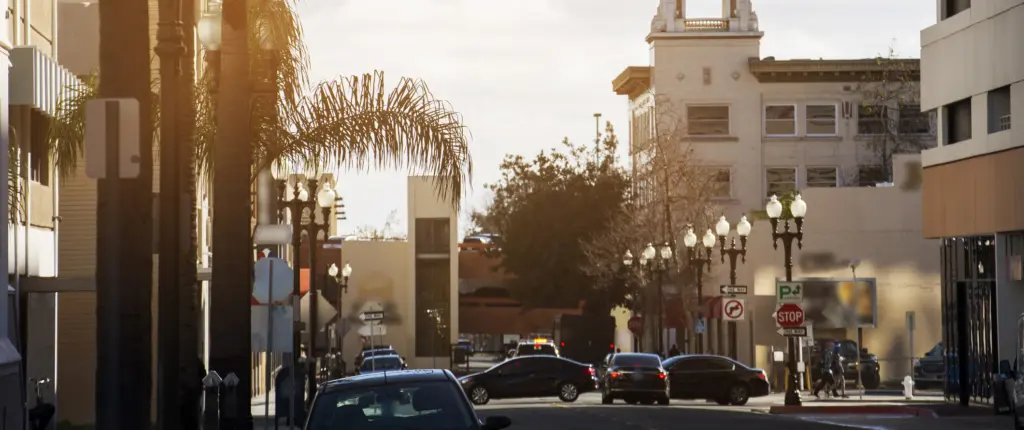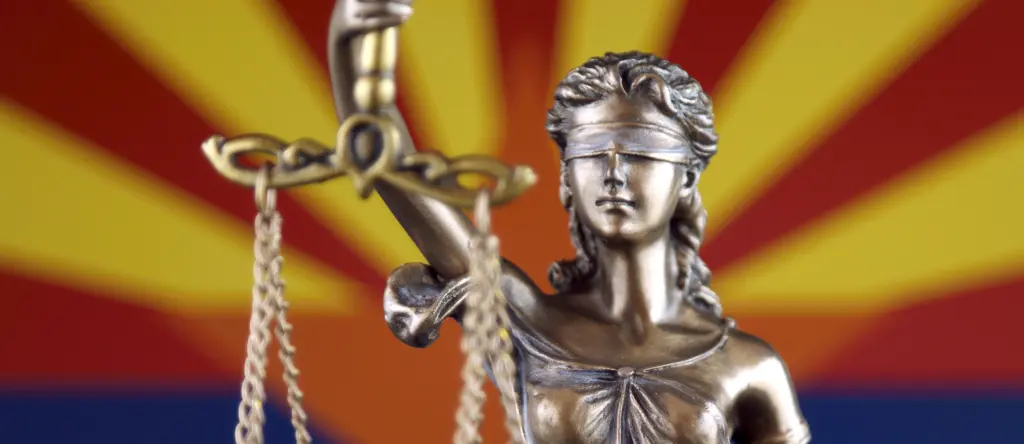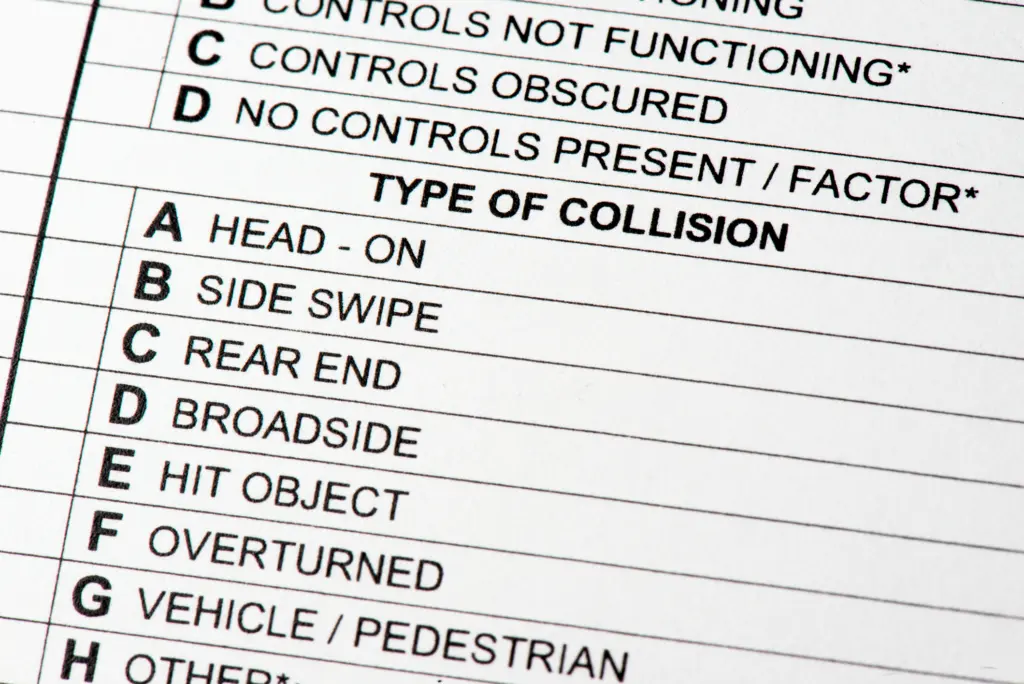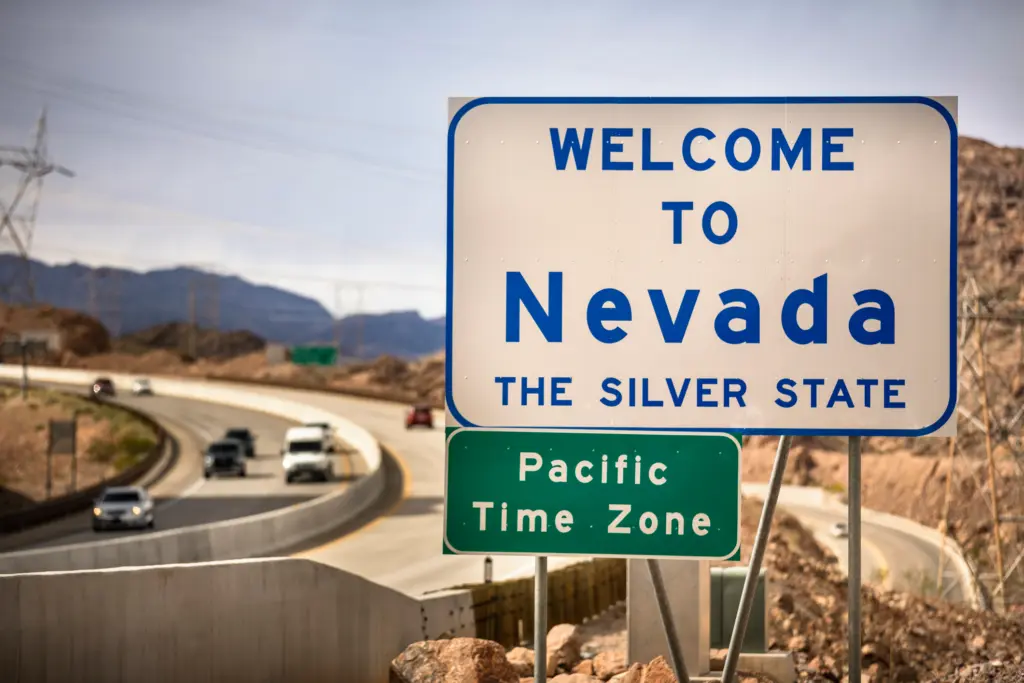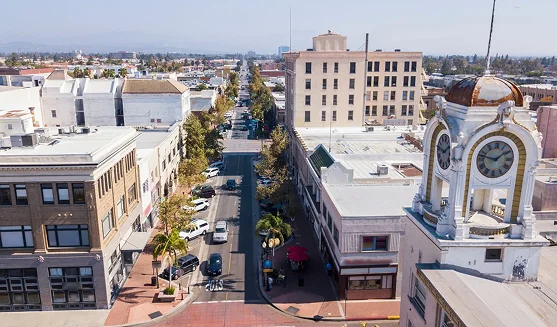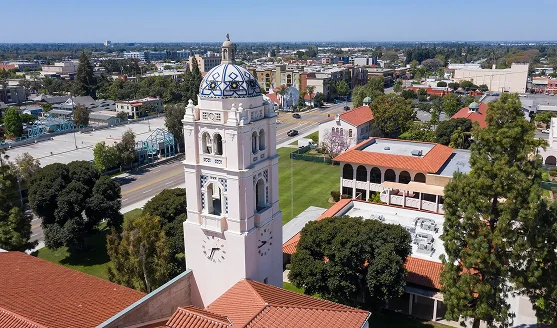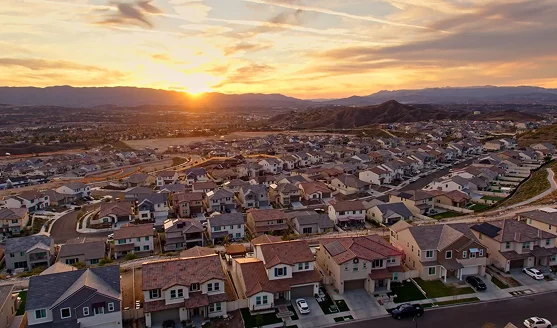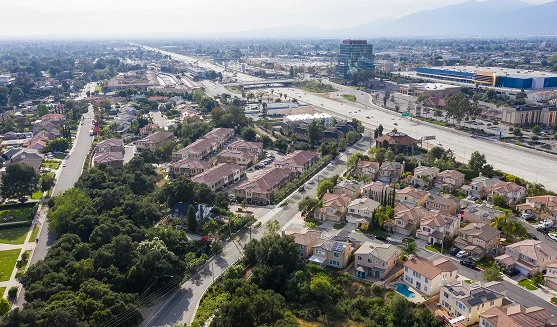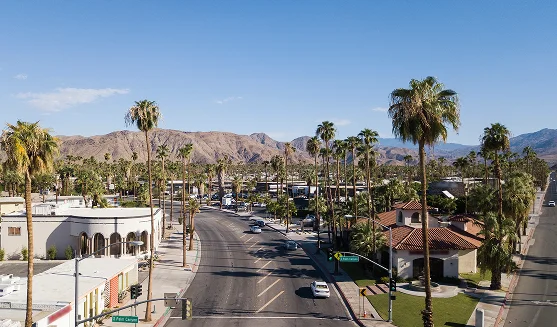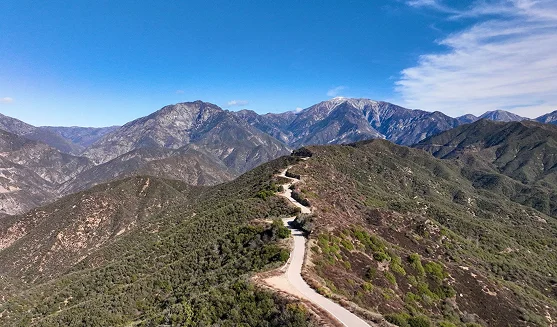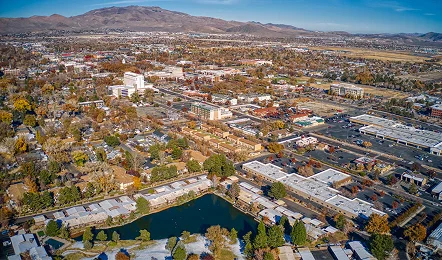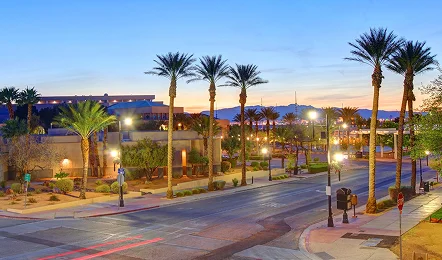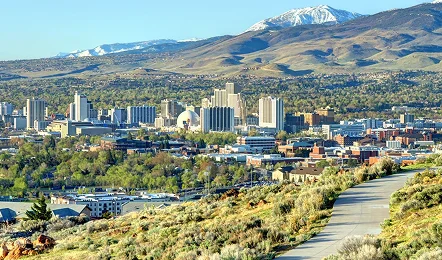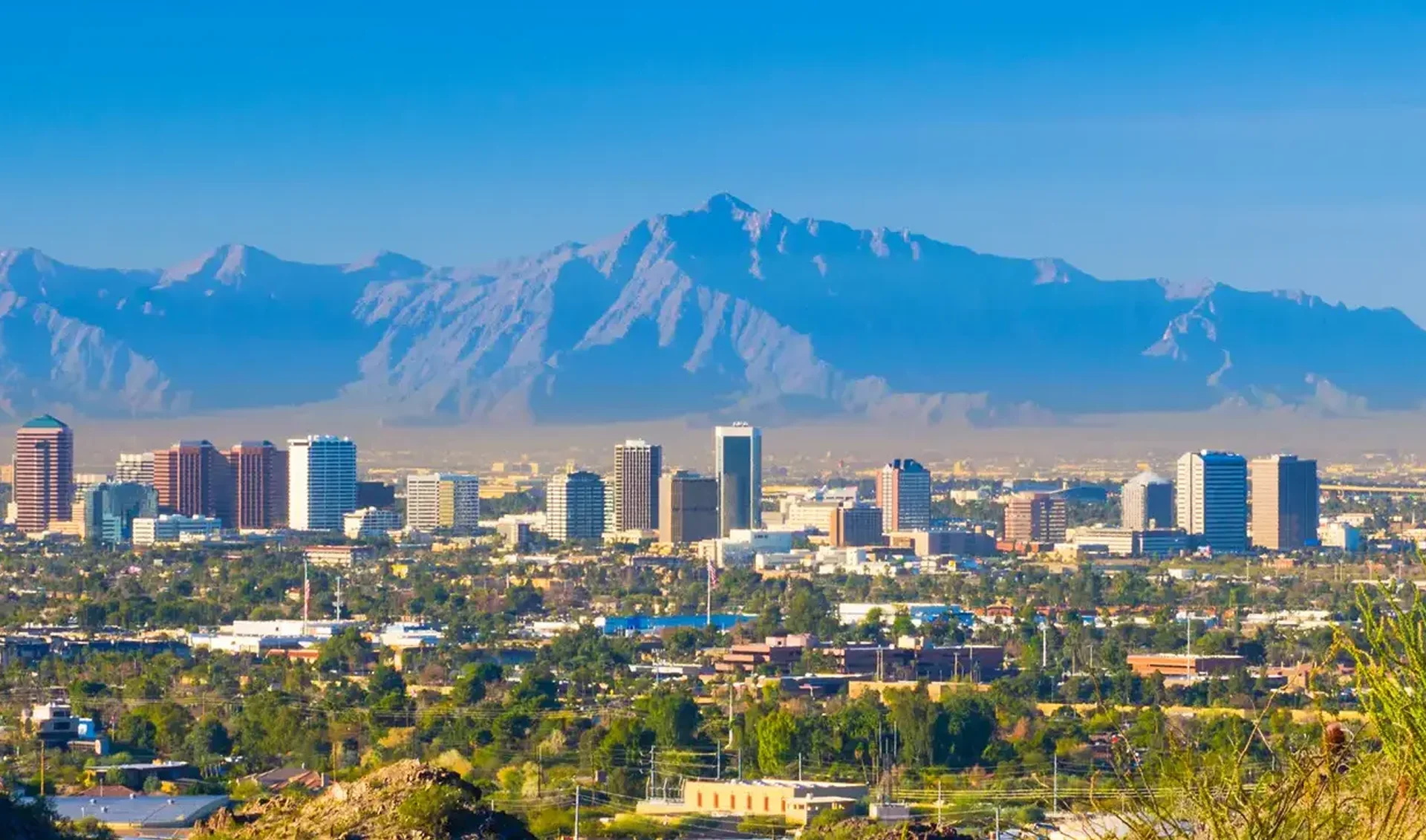If you’ve ever driven through a beach town or golf community in California, chances are you’ve seen a golf cart rolling down the street. They’re fun, economical and super convenient—but what’s the legal status of driving golf carts on California streets? Let’s explore the law, safety requirements, and what to do if you’re involved in an accident.
Defining a Golf Cart
A golf cart is a small motorized vehicle used to transport golfers and their gear around a course. They seat 2-4 people and go about 15 mph. Golf carts are simple in design and don’t come with the safety features of regular vehicles like airbags or crash test frames.
But many Californians have adapted golf carts for use outside the course. They’re common in gated communities, retirement neighborhoods and resort towns because they’re affordable and easy to use.
Are Golf Carts Street Legal in California?
Yes—golf carts are street legal under certain conditions but those conditions are specific. According to California Vehicle Code (CVC) Section 21115 you can drive a golf cart on a public road only if the speed limit is 25 mph or less. And the cart must be within 1 mile of a golf course or in a city approved golf cart zone.
The vehicle itself must also meet certain standards. That means it needs lights, turn signals, seat belts, mirrors and other safety equipment outlined in CVC 21260. Any deviation—like driving on a highway or road with a higher speed limit—can result in a fine or legal trouble.
Always check your local city ordinances too. Some cities allow wider usage while others are more strict.
Do You Have to Register Your Golf Cart with the DMV?
Registration depends entirely on where and how you plan to use your cart. If it never leaves private property or the golf course, you don’t need to register it with the California’s Department of Motor Vehicles. But if you’re going to use it on public streets—even if just in a gated neighborhood—you’ll need to register it as a Low-Speed Vehicle (LSV).An LSV golf cart must be upgraded with the right safety features and meet legal requirements before it can be registered. Once those are met you’ll go through a process similar to registering a regular vehicle: submitting paperwork, providing proof of insurance and paying fees.
Do I Need a License Plate for a Golf Cart in California?
Yes, if your golf cart is registered for use on public roads you are required to display a license plate. This is issued by the California DMV after the vehicle meets the criteria for street-legal classification.
But if your cart stays within private property or designated golf areas then no plate is needed. It all comes down to where you plan to drive it.
Do I Need Insurance on a Golf Cart in California?
If your golf cart is being used on public roads and is registered as an LSV, insurance is mandatory. At a minimum you’ll need liability coverage to comply with state law.
While liability insurance covers damage or injuries you cause to others, many owners also opt for collision and comprehensive coverage. These additional plans cover repairs, weather damage or theft—common risks for street-driven golf carts.
What is the Difference Between a NEV and a LSV?
This is a common source of confusion. A Neighborhood Electric Vehicle (NEV) is a broad category that includes electric-powered vehicles designed for short-distance, low-speed travel. NEVs can include LSVs—but not all NEVs meet the criteria to be considered street-legal.
A Low-Speed Vehicle (LSV) is a federally defined class of four-wheeled vehicles that can reach speeds between 20 and 25 mph. LSVs must have specific safety features like headlights, mirrors, seat belts and turn signals to be allowed on roads with speed limits up to 35 mph (though in California most areas restrict them to streets with limits of 25 mph or less).
So think of it like this: All LSVs are NEVs, but not all NEVs are equipped or approved to be LSVs.
Golf Cart Safety on California Roads
Driving a golf cart on the road is a different experience than zipping around a golf course. Cars, trucks and other hazards make attention to safety essential.First, always wear your seatbelt. Even short trips in a golf cart can turn dangerous in a crash. Make sure the cart isn’t overloaded and that every rider has a proper seat. Avoid distractions while driving—especially using your phone.
Also, obey the rules of the road like any other driver. Stop at signs, yield when required and never drive under the influence. Because golf carts offer less protection than cars, the risks of a collision are much higher.
Golf Cart Violations
Breaking the rules when driving a golf cart can lead to serious consequences. Common violations include:
- Driving on streets with speed limits above 25 mph
- Operating without required safety features
- Skipping registration or insurance requirements
- Allowing minors or unlicensed individuals to drive
Fines can range from fines and points on your license to vehicle impoundment. In the case of an accident failing to follow the law could also affect your insurance payout or lead to civil liability.
Golf Cart Friendly Cities in California
Some California cities actively support golf cart transportation and even have infrastructure to accommodate them. Communities like Palm Desert, Rancho Mirage, Laguna Woods Village, and Coronado all allow golf cart use through marked paths, crossing zones and lenient regulations.
If you live in one of these areas—or a similar planned community—golf carts can be a great secondary vehicle.
Customizing Your Golf Cart for the Streets
If you’re using your golf cart beyond the greens why not customize it? Many owners upgrade their carts with premium seats, LED lights, custom paint jobs and even Bluetooth audio systems. Just make sure your modifications don’t compromise the safety requirements needed for street legality: California DMV regulations to maintain street-legal status.
How to Register a Golf Cart with the California DMV
If you’re going to use your golf cart on public streets follow these steps:
- Complete the Title or Registration (REG 343).
- Provide proof of ownership and a verified VIN.
- Submit proof of insurance that meets California’s minimum liability standards.
- Pay the applicable registration fees.
- Receive your plates, registration card and legal approval to drive.
Now you’re street ready!
Involved in a Golf Cart Accident? WCTL Is Here for You
Even with all precautions, accidents can still happen. If you’re injured in a golf cart collision, you may be entitled to compensation. West Coast Trial Lawyers specializes in personal injury claims involving golf carts and can help you recover medical expenses, lost wages and more.
Whether the accident happened in a neighborhood, parking lot, or designated cart zone we’ll walk you through your options, negotiate with insurers and fight in court if necessary.
Ready to book your FREE consultation? Give us a ring at (213) 927-3700 or fill out our quick online contact form.
